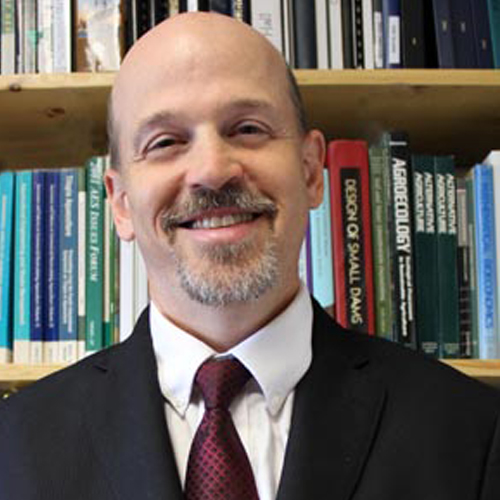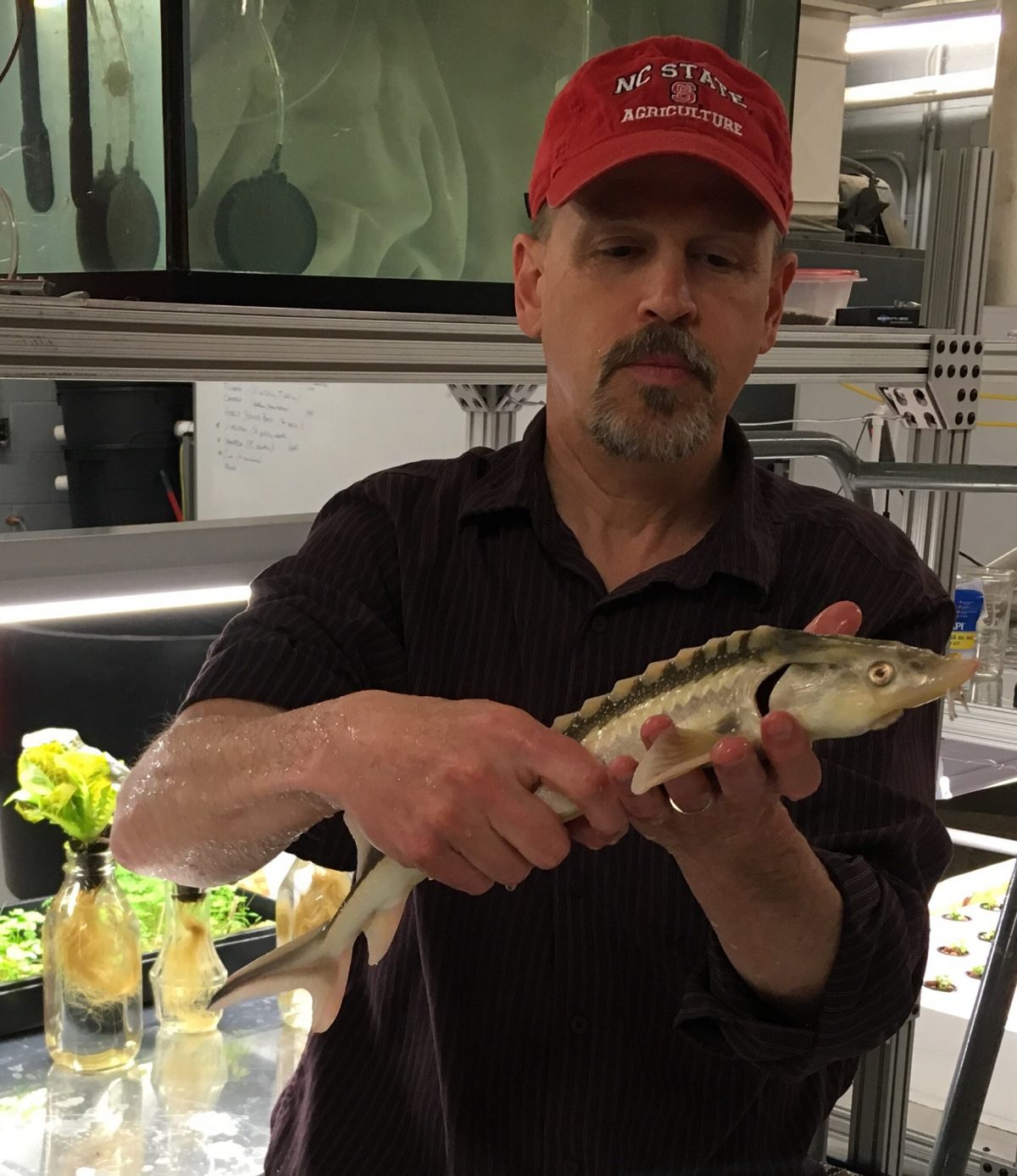We all depend on agriculture to provide our food. Further, agriculture is a major player in the quality of our water to drink and air to breath, the only two things we need even more immediately than food. What can the sciences and Christian faith tell us about how we should best raise and consume food? How should we proceed with GMOs, catching or farming fish, eating down or up the food chain, organic or factory farming, vegetarian, locavore, or omnivore…?

Steven G. Hall (PhD Cornell University) raises a gamut of such questions. He is well prepared to lead us on this topic as a professor in the Department of Biological and Agricultural Engineering, and Director of the Marine Aquaculture Research Center, at North Carolina State University. He is Past President of the Aquacultural Engineering Society, Editor of the journal Aquacultural Engineering, and a Fellow of the American Scientific Affiliation.
In this essay, Hall invites consideration of critical technical and ethical aspects of the food system from production to distribution, from biological to environmental resources. Readers are encouraged to take up one of the insights or questions, or maybe a related one that was not mentioned, and draft an article (typically about 5,000-8,000 words) that contributes to the conversation. These can be sent to Dr. Hall at shall5@ncsu.edu. He will send the best essays on to peer review and then we will select from those for publication in a theme issue of Perspectives on Science and Christian Faith.
The lead editorial in the December 2013 issue of PSCF outlines what the journal looks for in article contributions. For best consideration for inclusion in the theme issue, manuscripts should be received electronically before 31 January 2020.
Looking forward to your contributions,
James C. Peterson, Editor-in-Chief
Perspectives on Science and Christian Faith
